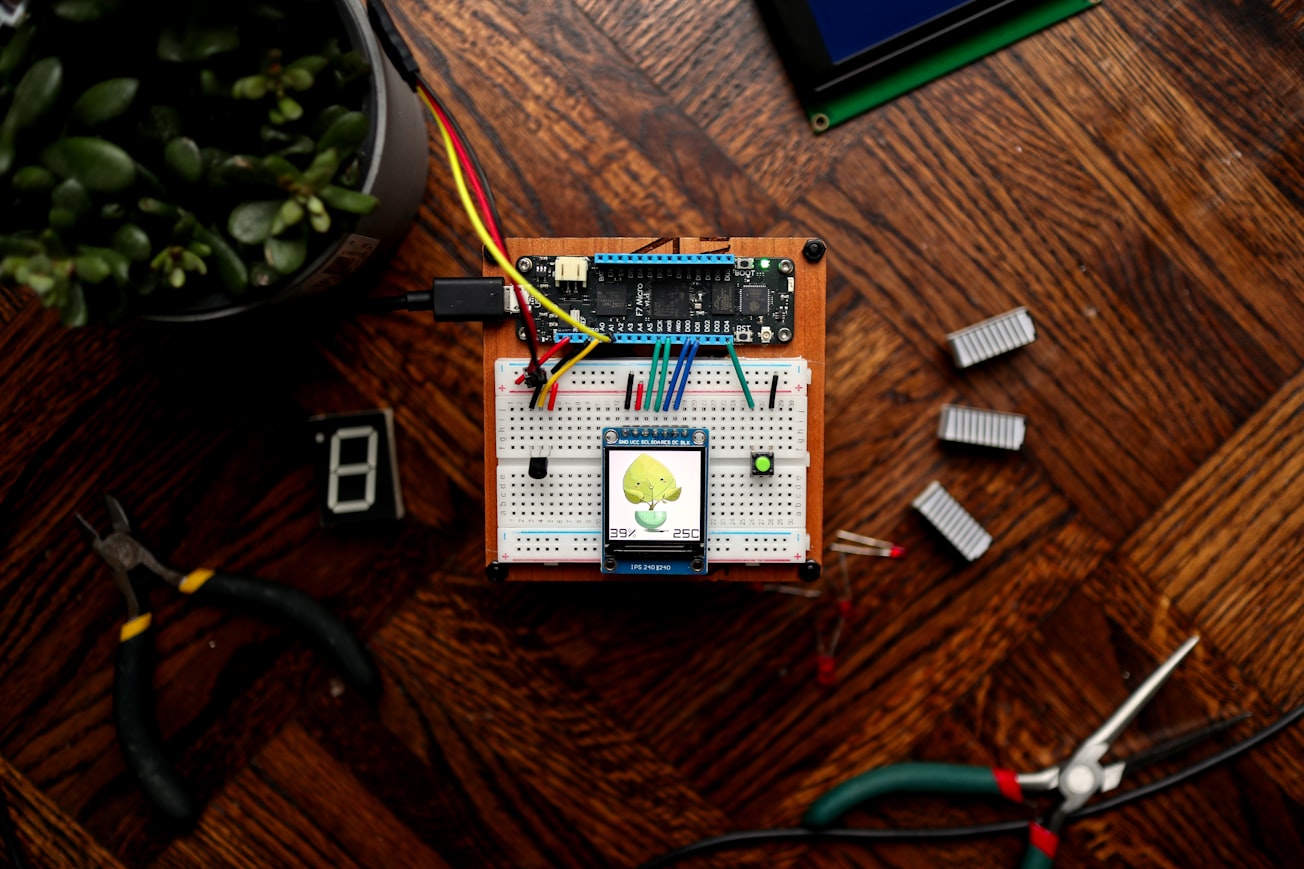What is it about?
Both computers on the edge and the core can make decisions. The question is which computer should make them? The edge computer is closer to the situation which makes it a faster decision maker. But, it is also exposed to the environment and can get damaged. It also has access to less information-its own sensors. Conversely, the protected core computer has more information, having access to the sensors of all edge computers. However, it is more removed and while protected, makes slower decisions. The analog here is to the lieutenant in the field versus the general in the back. We model this problem with the example of a house fire, with computers in the house controlling the sprinkler system versus a computer in the fire monitoring company doing so. There are some surprising insights- for example, under certain circumstances, accuracy of detecting a fire is NOT important, but accuracy in determining a fire is NOT happening is important in determining who has decision rights. Likewise, whether the core computer can override decisions made by the edge computer shapes certain decision possibilities.
Featured Image

Photo by Jorge Ramirez on Unsplash
Why is it important?
IoT devices are being put into environments where they suffer faults. Their increased intelligence means edge computers are better able to make decisions. Fundamental limitations of networking (e.g., the need to go through firewalls, delays in handshaking, edge computer is cut off from the network) likewise means we sometimes want to entrust decisions to the exposed edge computer. The decision of WHICH computer (edge or core) should make the decision is a problem in designing architectures in environments such as firefighting or warfighting. Should the edge computer in the damp basement that is likely to experience a fault be allowed to turn on the sprinkler knowing that doing so will damage the house if there is no fire? This is the fundamental question the paper tries to grapple with.
Perspectives
The problem is applicable to a wide range of IoT situations- should autonomous cars be centrally controlled or should each car make its own decisions? We want the car to stop quickly if a child crosses the street. But if two cars swerve independently, they can still crash into each other. It is also applicable to human decision making- should the middle manager make decisions or the executive? Should the lieutenant make the decision or the general?
Cecil Chua
Read the Original
This page is a summary of: Situational Factor Determinants of the Allocation of Decision Rights to Edge Computers, ACM Transactions on Management Information Systems, February 2023, ACM (Association for Computing Machinery),
DOI: 10.1145/3582081.
You can read the full text:
Resources
Contributors
The following have contributed to this page










